Toxins are ubiquitous in our environment – exposure is relentless as chemicals contaminate our soils, food, water and air. Not to mention the medications we take, the clothes we wear, our personal care and cleaning products, and home furnishings. Here are 5 simple ways we can reduce toxin exposure.
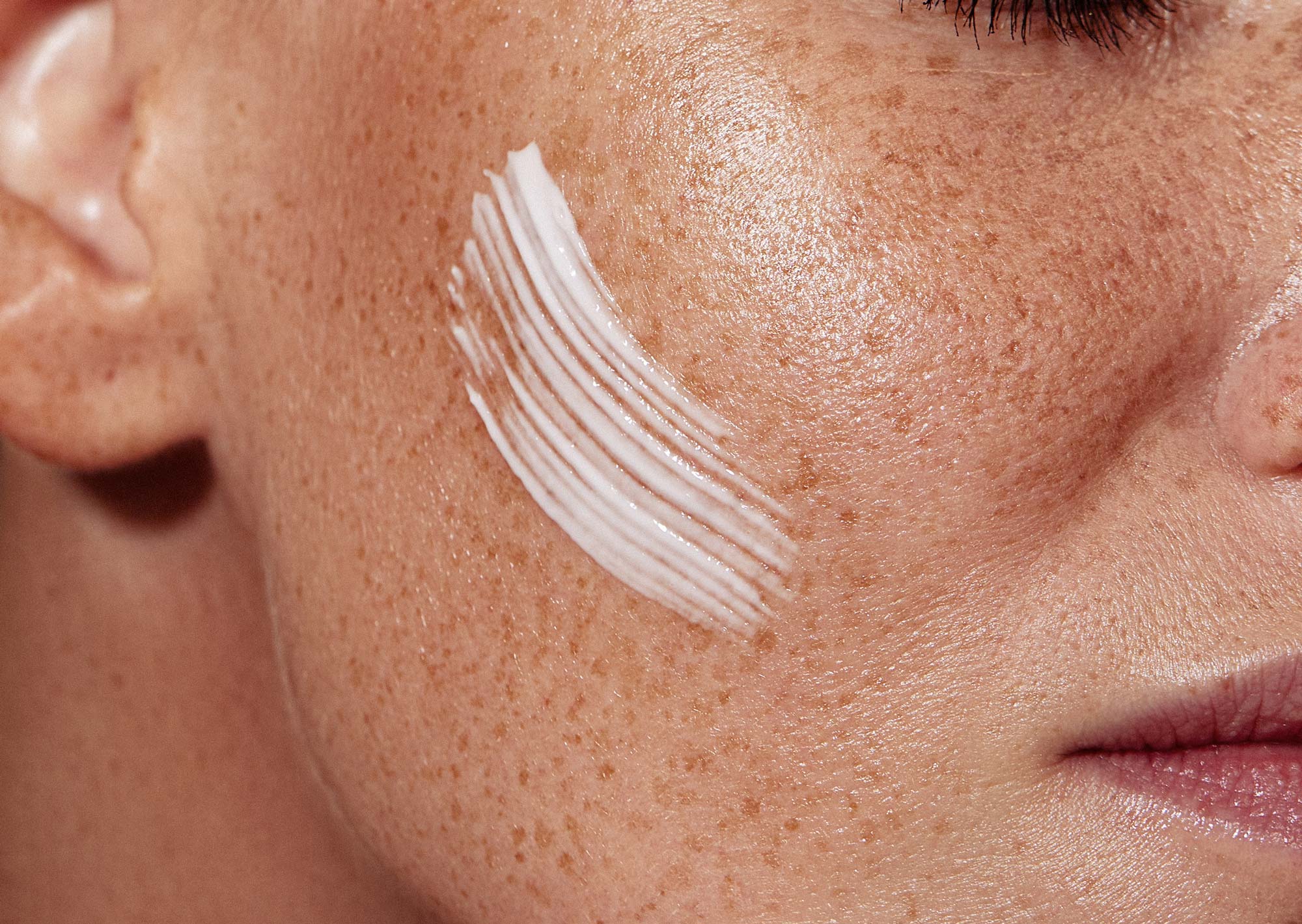
Last week, we looked at how severely chemical regulation is lacking. The key takeaway is that if we want to ensure our health, we must be proactive about reducing our body’s burden of toxins.
This is critical as toxins for the most part are fat-soluble, and accumulate in fatty tissues, persisting for years or even a lifetime.
The brain and endocrine glands are fatty organs and are common sites for accumulation.
Toxins can induce cellular disturbances, such as promoting oxidative stress/damage, inflammation, hormone disruption and mitochondrial dysfunction.
The cellular dysfunction induced by toxin exposure can manifest as –
- Adrenal gland dysfunction [Source]
- Cognitive impairment [Source, Source]
- Hormonal imbalances (e.g., irregular menstrual cycles, PCOS, endometriosis, adenomyosis) [Source, Source, Source]
- Infertility [Source]
- Thyroid dysfunction (our precious thyroid is particularly vulnerable to environmental toxins) [Source]
- Metabolic disorders [Source]
…and more.
Here are a few simple ways to start minimising your exposure and disease risk. To avoid overwhelm, I suggest simply aiming to replace a product with a lower-tox alternative as you run out. Every step in the right direction counts.
🌬️ Air
The concentration of some pollutants are often 2 to 5 times higher indoors than typical outdoor concentrations [Source].
Sources of indoor air pollution include biological agents such as mould/mycotoxins, volatile organic compounds released from cleaning supplies, paints and other household products, chemical off-gassing from furnishings (carpeting, flooring, furniture), dust and dander.
- Keep your home well-ventilated, leave a window open to allow fresh air to circulate
- Use extraction fans in the kitchen, laundry, bathrooms to reduce the likelihood of moisture build-up and mould
- Vacuum with a HEPA filter
- Make use of air-purifying plants (list of options here)
- Ditch the synthetic fragrances/candles
🚰 Water
Our water is contaminated with a range of chemicals, from heavy metals to halogens to pesticides to pharmaceutical residues. For those with thyroid disease, exposure to halogens (such as fluoride) are a particular concern, as they interfere with iodine uptake in the gland, leading to low thyroid hormone production.
The solution? Use a water filter—whatever fits your budget. The humble Brita filter is always a good place to start. When you can, save and upgrade to a more thorough filtering unit. Those with activated charcoal filters are great.
I invested in a Berkey filter years ago and have never tasted water so good!
🥬 Food
One of the biggest sources of chemical exposure comes from our food supply, with the systemic use of herbicides and pesticides. Wherever possible, choose organic. If you have the space, grow your own.
I have taken this incredible course by the team at The Healthy Patch, which teaches you how to start your own vegetable garden from scratch. They cover everything from the ideal wood from which to build your garden beds, to the health and composition of your soil, to healthy pest control and how to improve your yields.
Not an affiliate, just sharing the love 🤗
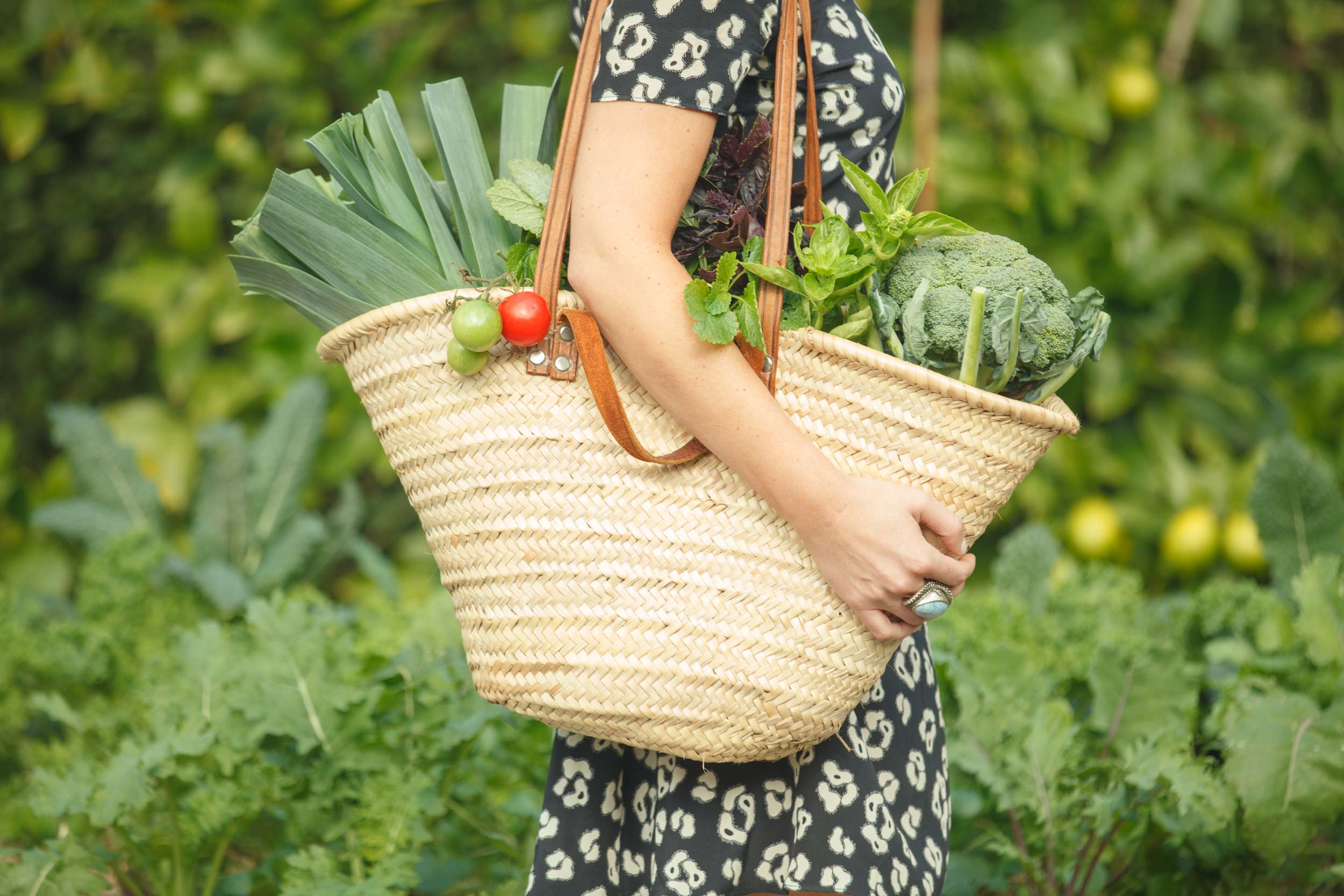
💅 Body
Whatever we put on our skin will eventually enter our bloodstream. Look out for petroleum-derived chemicals, parabens, phthalates and fragrances.
Today, we are spoilt for choice when it comes to natural and low-tox personal care products.
Some of my favourite brands include –
- Aleph (their skin cream and foundation = 10/10)
- Weleda
- Mukti Organics
- Eco Tan / Eco by Sonia Driver
🧼 Home
Cleaning products are packed with harmful chemicals—many of which don’t even appear on the label because disclosure isn’t required!
Multipurpose and glass cleaners, air fresheners and the like are sources of volatile organic compounds (VOCs), that are known to cause respiratory system damage, meddle with reproductive health and increase cancer risk.
An estimated half of the VOCs responsible for air pollution stem from consumer products [Source].
Look for “green” and “fragrance-free” products. Some of the brands I love and use include –
That’s all from me today, I hope you found those tips to reduce toxin exposure helpful.
Till next time,
Lauren.
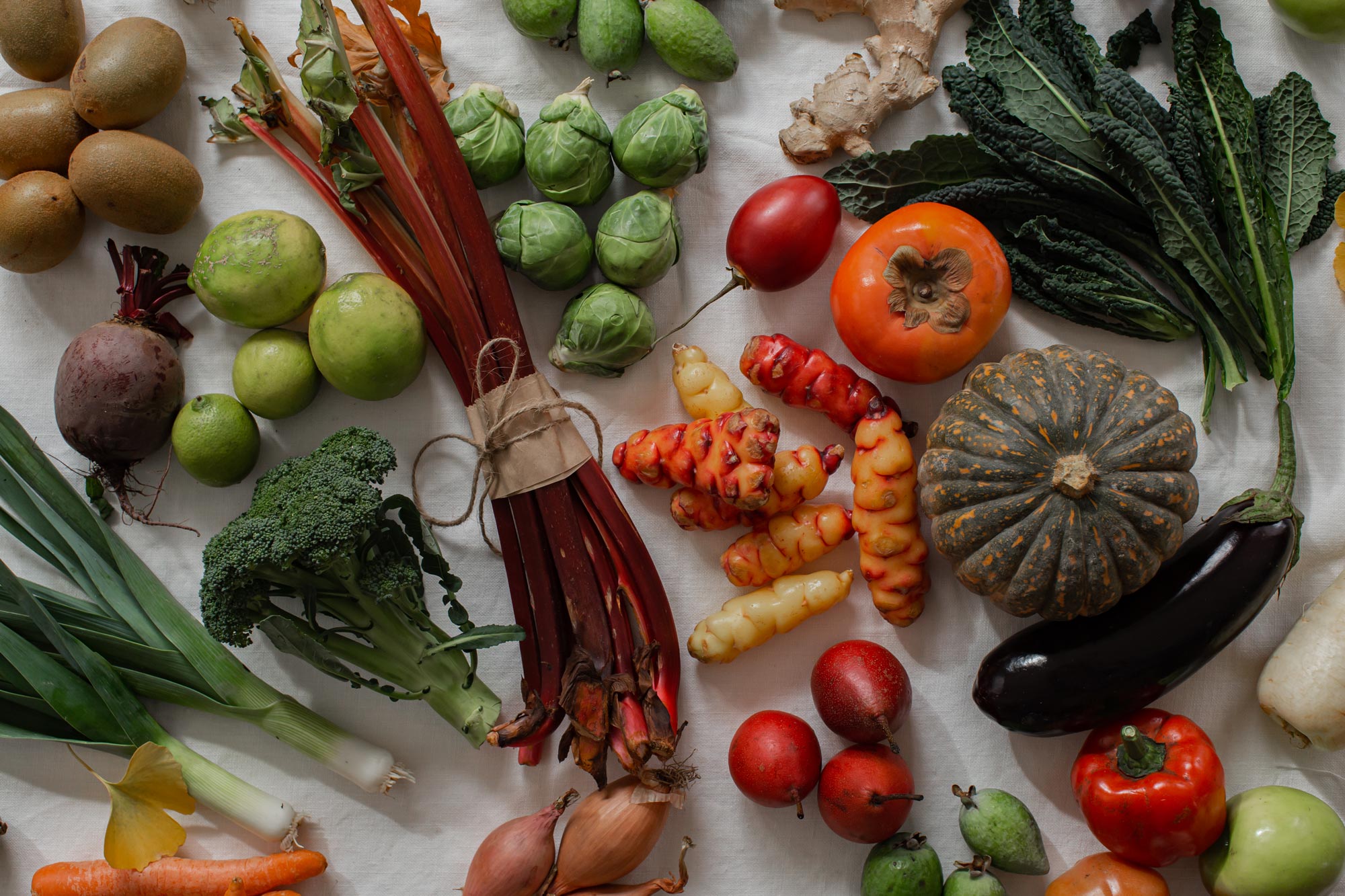

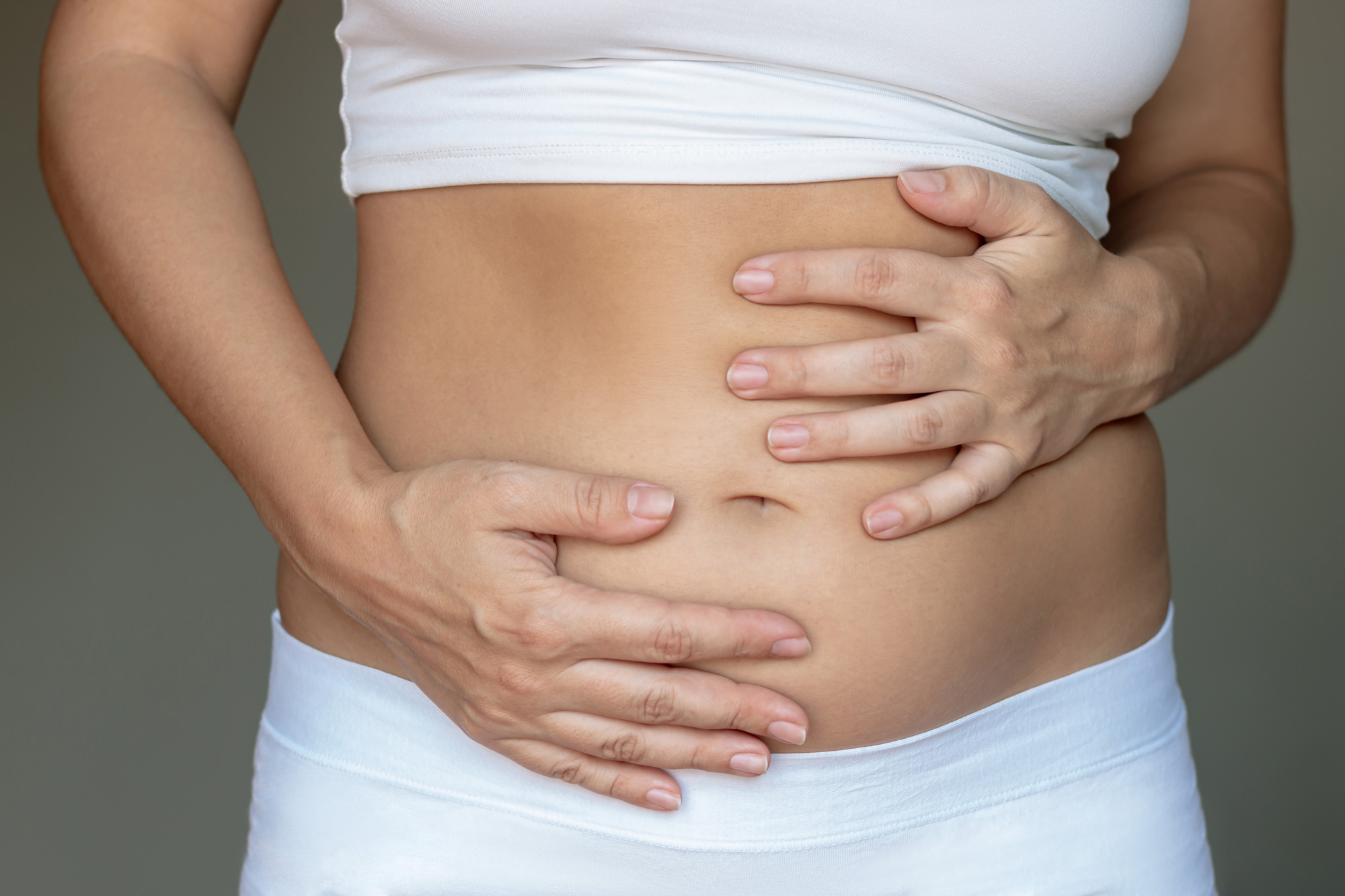
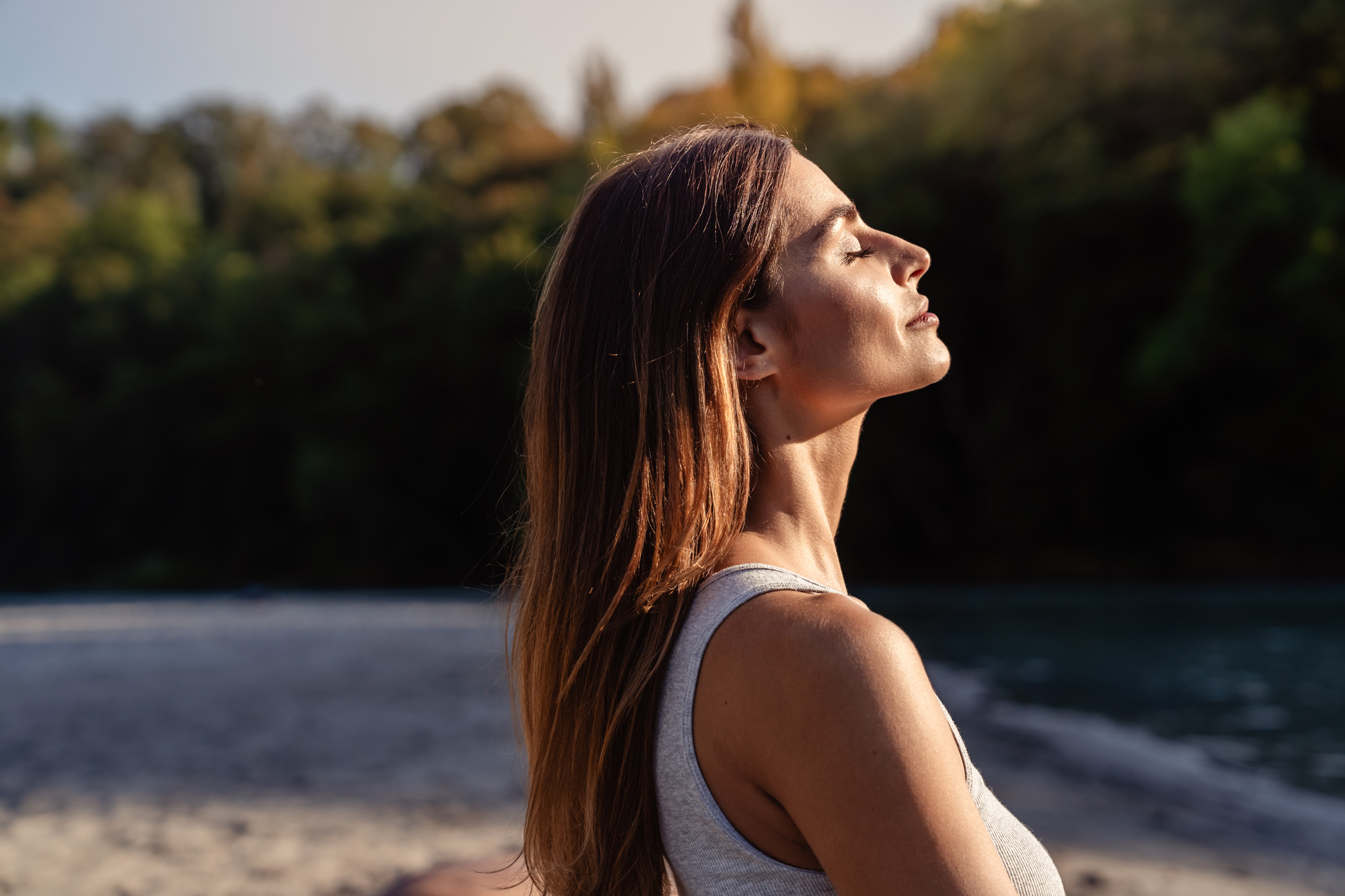
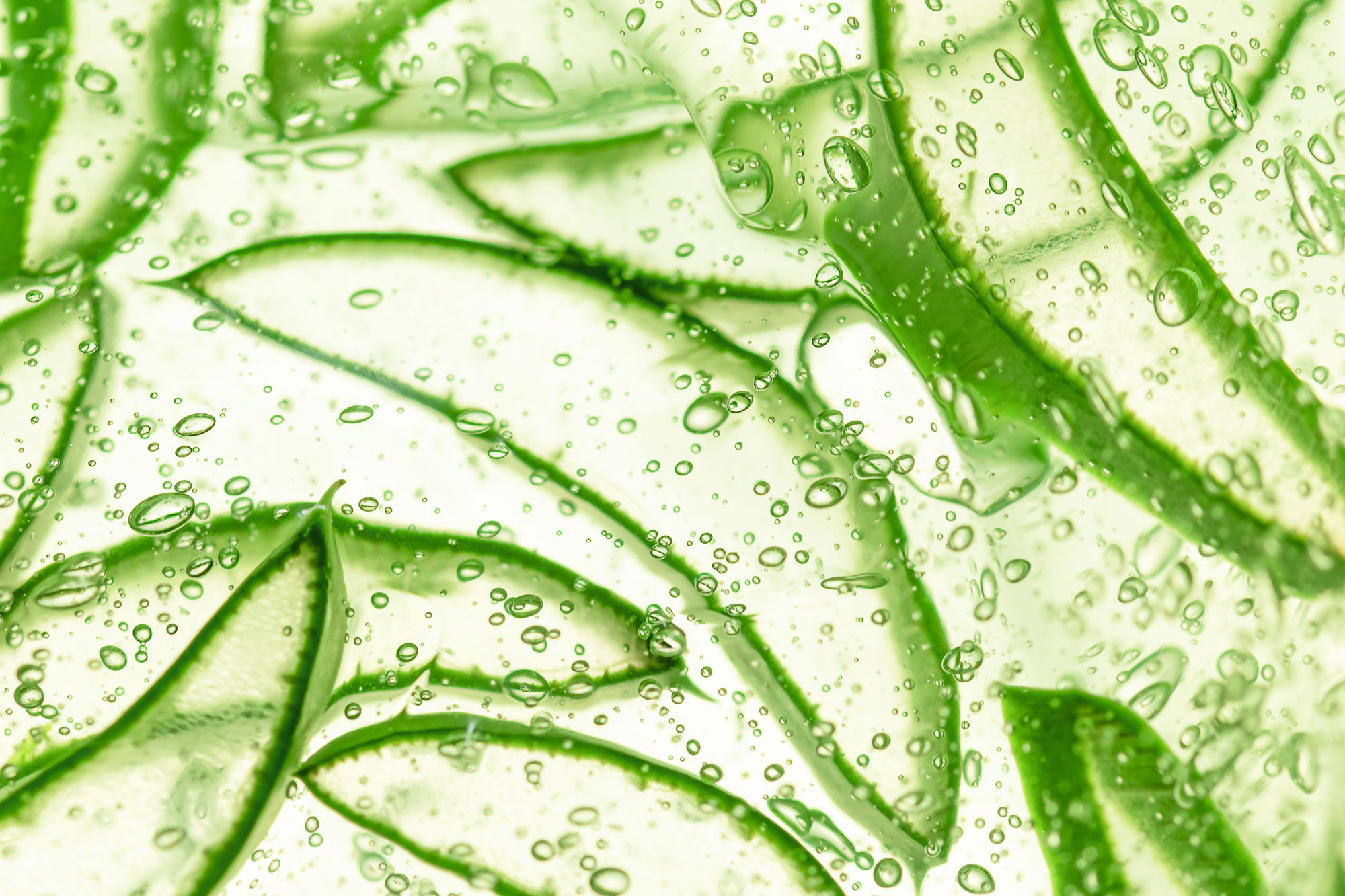
Comments +